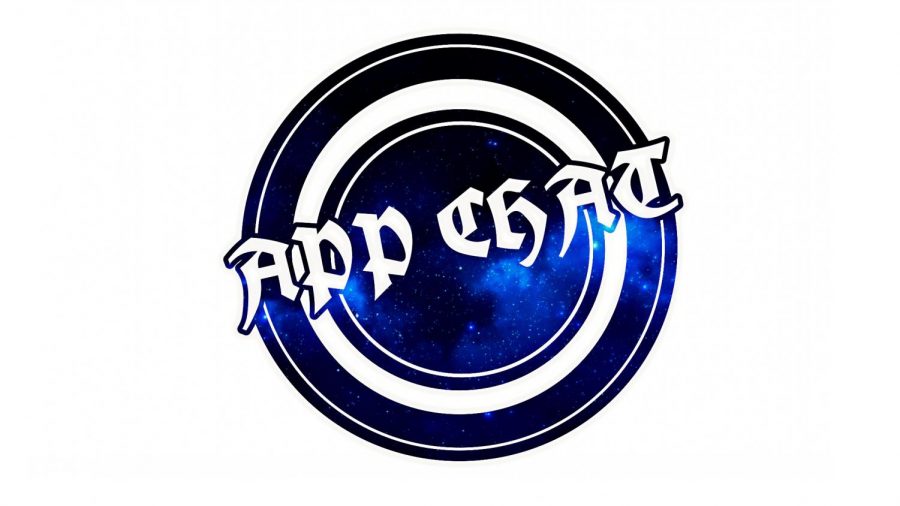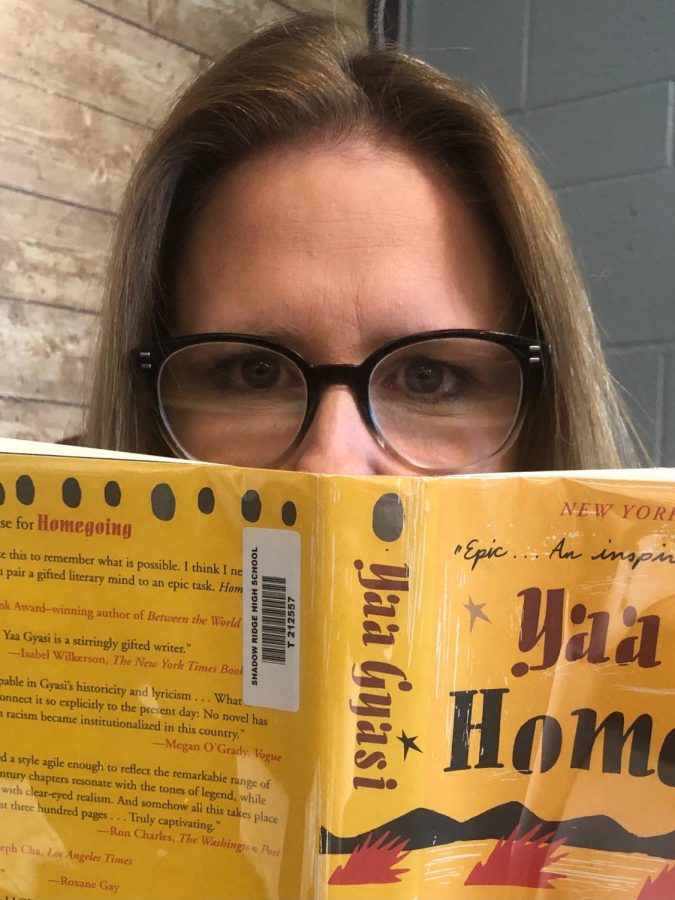The Cheat Machine: Chat GPT

Photo Courtesy of: Religion News Services
Open AI logo- Creator of Chat GPT
January 29, 2023
On November 30, 2022, OpenAI, a research and development company, released Chat GPT, an AI chat box that compiles information and releases it depending on the parameters of the request presented to it. It was created to take information from anywhere on the internet and output it in a human-like fashion in order to seem more real to the average user.
Since the AI’s introduction to the world, it has caused much controversy on the academic level. Due to the realistic answers produced by this engine, many students prompt it to spit out scholarly level work to turn in to teachers, and many AI created assignments pass through these academic professionals, allowing grades to be earned for little to no work.
Students using this “life hack” to achieve higher academic success, however, may find that this will eventually be the cause of their academic failure. Students lean too far on this information generator in their schoolwork, and end up falling into a false sense of progression ended by a wake up signal when they realized they haven’t truly learned anything.

The New York City School District, largest in the United States, banned the site on all school software, disabling and discouraging any kind of use of this website after small examples of this misuse were discovered. To AP News, the school spokesperson, Jenna Lyle, spoke on how using this site will only prove to hurt those who rely on the internet.
“While the tool may be able to provide quick and easy answers to questions, it does not build critical-thinking and problem-solving skills, which are essential for academic and lifelong success,” Lyle stated.
Students all across the country continue to take advantage of the tasks that can be completed by the AI, including young adults attending college. These students are held to the highest levels of academic honesty, but still attempt to pass on minimal effort through these cheating engines.
At Northern University of Michigan, Professor Antony Aumann witnessed his own students try to use this loophole for an essay on philosophy. The New York Times explored this situation, detailing the effects of what happens when students attempt to deceive teachers.
“Alarmed by his discovery, Mr. Aumann decided to transform essay writing for his courses this semester,” the New York Times stated. “He plans to require students to write first drafts in the classroom, using browsers that monitor and restrict computer activity.”
Teachers in each district are starting to catch on and follow Aumann’s example.
The New York Times described, “Some professors are redesigning their courses entirely, making changes that include more oral exams, group work and handwritten assessments in lieu of typed ones.”







